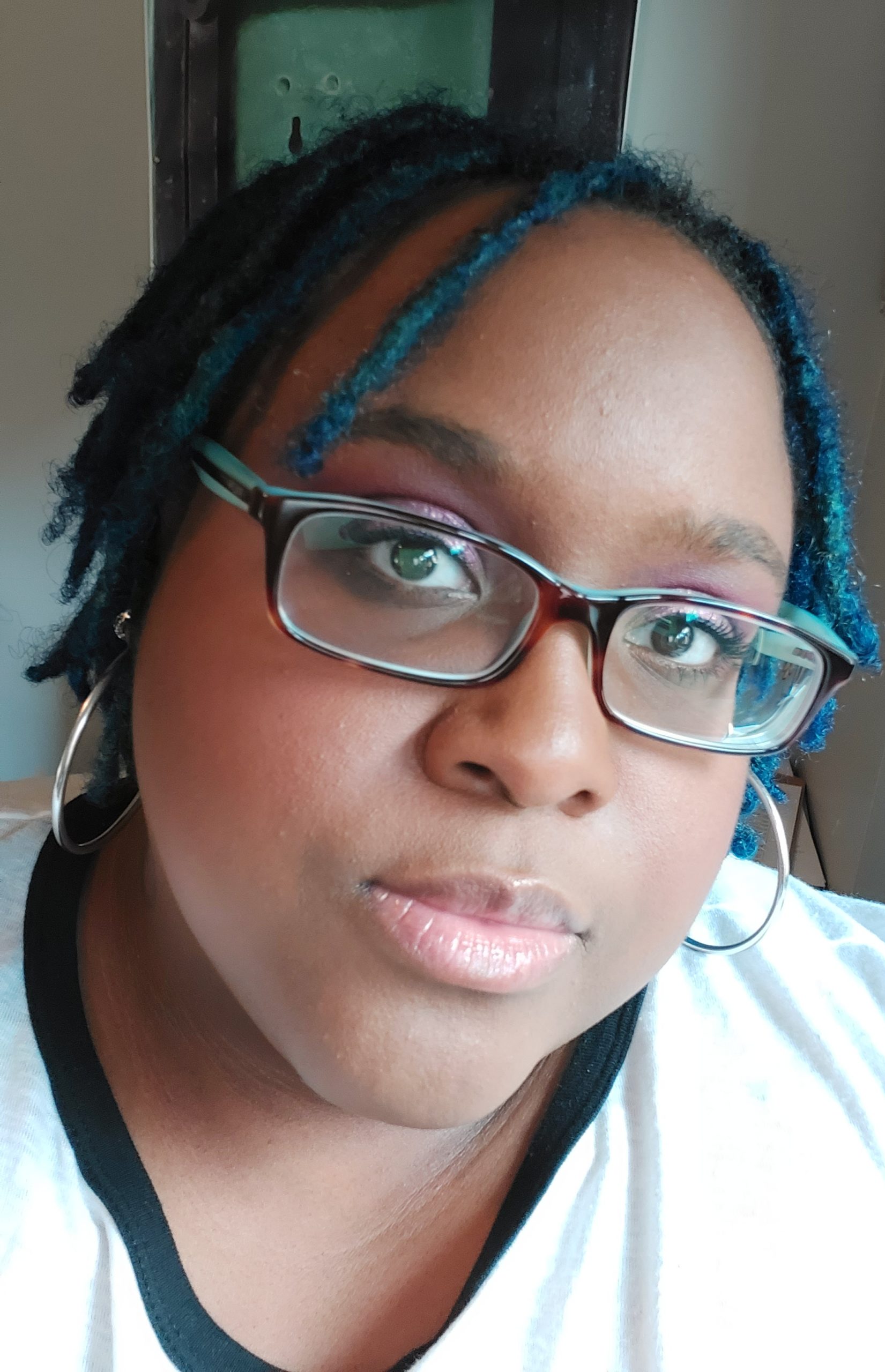By: Theresa Thomas MCP, RCC
Happy February Everyone! February is Black History Month.
As a Black Female Therapist, I am often left sitting within the disparity between the people who need mental and emotional health supports, and the elements that work as barriers to those people receiving them. We all know mental health services are woefully underfunded, undervalued, and rife with stigma. However, I am often plagued with navigating the invisible barrier that is seen by invisible people, and therefore, it is a barrier that is hard to bridge.
It is my belief that as a counsellor the burden is on me to make the invisible, visible. To shed a light on what often gets hidden or ignored. To the people who are often hidden or ignored. Generationally visible minorities, people of color…Black people, are often plagued with trauma and disenfranchisement. Socially, however, there is a dismissal of these traumas, and an unjust expectation is placed on these disenfranchised individuals to “rise above” the legacy that is generational trauma. They, the disenfranchised, are expected to “rise” without a lever, without a boost, and without an acknowledgment of how far they have to climb to “rise” high. This conversation is not had, it’s left unspoken. So…if the people in question, can play this game and be “strong-Black-people” who walk around pretending as though they are not wounded by the cost of surviving, in a society that celebrates their survival, while dismissing what they’re surviving. They are rewarded by becoming visible, at the expense of the eraser of their individual identity and cultural realities. A terrible bind.
One of the first things I learned living in Vancouver, BC was how widely accepted it was to “not see colour.” I found it strange that this was somehow the standard of care, that by ignoring the most obvious information to what a person’s potential lived experiences maybe you were doing a “good thing.” As a southern American, with Black female, lived experience I was often left alone in the very real distress I experienced here. There was always a strong effort to talk me out of the possibility that the confusion, frustration, and discomfort I was feeling had anything to do with my Blackness because… “this is Canada!”
When we “don’t see color” it means we grant ourselves an allowance to ignore vital realities to a person’s lived experiences. We erase who they are, and what they battle, and what they’ve survived. We make them invisible. When we don’t see color, genderedness, ability, mental health limitations, cultural norms, or generational trauma people are ignored and left in their pain, alone. The most insidious part of this erasure is the shame involved when help is actually needed. To be left alone and full of shame, and anger, and distress without support; the only means of “curing it” is to keep moving forward with open wounds you’re forced to suppress, so you can achieve, succeed, “rise above,” and try to be accepted into the mainstream societal norm that has the benefit of blindness.
Deciding to do the work, to “see” what is uncomfortable is work we all have to do, not just therapists and mental health support workers. It’s Black History Month, and I can’t think of anything more worth my time than to write an open invitation to invite you to choose this month and decide on purpose to check your vision, and what it means for you to “see” those from whose invisibility you have benefited.
Even now as you sit and read this piece, note your discomfort. If you find yourself saying, “it’s not just Black people, all people have suffered.” I encourage you to question yourself. Ask yourself, why you feel the need to minimize the experiences of disenfranchised people? Why you need to remove their unique experiences and make them the same as “all people?” Why you need to erase them and make them invisible?
The history of Black People is world history. Society as a whole has expanded and thrived from the oppression and exploitation of marginalized people…Black people. This is a fact; from which we are not immune. We do not live our lives separately from this truth but in response to it.
How have you responded?
Learning about our privileges doesn’t have to be a shame spiral in which we feel defensive and disengage; instead, it can be a learning opportunity we use to embrace new perspectives, engage with change, and connect on a deeper level. Offering acceptance to others’ limitations, distresses, and traumas make space for you to accept your own.
Fear creates hate with others, but also within ourselves. How far might you get on love? What could you offer others in their pain, if you had a tolerance for your own? I think it’s work a thought.
Happy Black History Month Everyone

Theresa Thomas
Theresa is committed to helping people achieve freedom from systemic and societal oppression in every capacity. Since moving to Vancouver in 2012 Theresa has been focused on learning the origins and impacts of trauma.
Theresa’s therapeutic focus is on trauma intervention, freedom from abuse, substance misuse, and achieving empowerment using largely narrative therapeutic techniques.
Theresa has an MCP in Counselling Psychology and is currently an STV counsellor at Battered Women’s Support Services, and coordinates the BWSS Black Women’s Program. Theresa was born and raised in Houston, Texas.





Love your blog. Would love to have you as my podcast guest as I would like to have a conversation Black women & domestic violence. I would love to connect and discuss further.